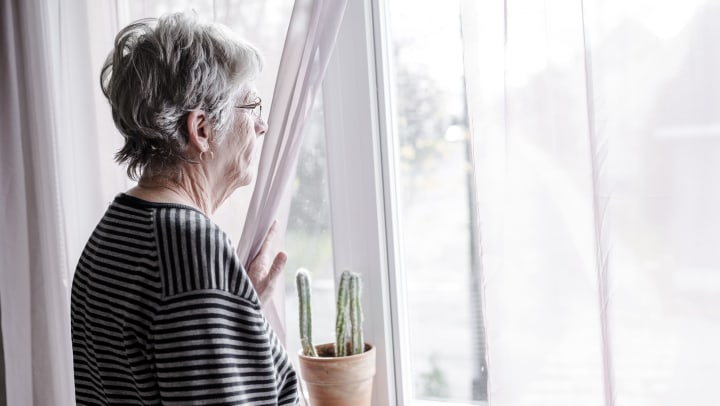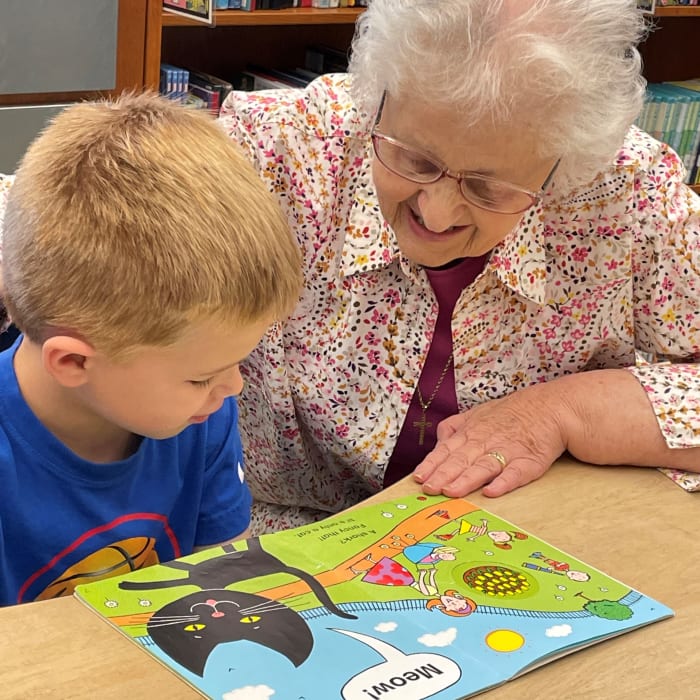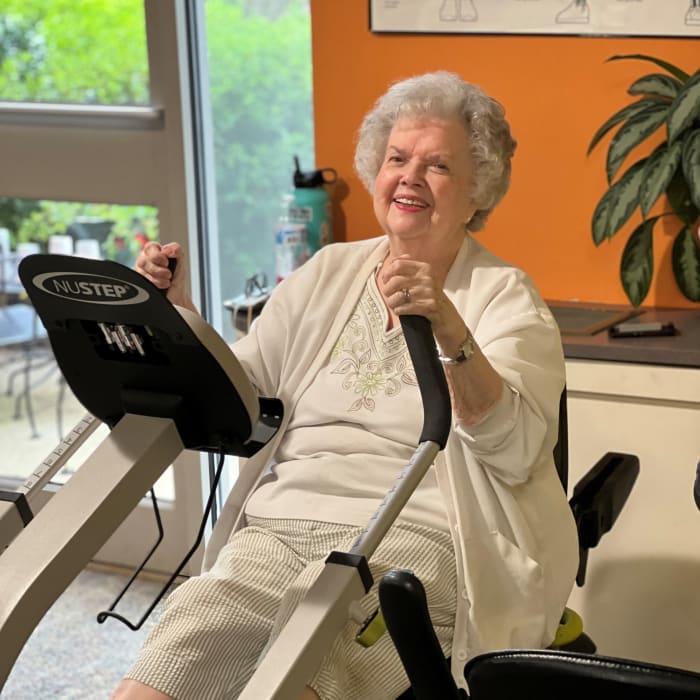Combat social isolation by staying connected
The COVID-19 pandemic has brought on waves of social distancing, quarantines, travel restrictions and the widespread shutdown of businesses in recent months. With millions of Americans staying home, an epidemic of social isolation adds to the burden and may be particularly difficult for older adults.
Loneliness is a hidden problem and a threat to mental and physical health that existed long before the COVID-19 outbreak. Feeling lonely and being isolated have been linked with higher rates of depression, a weakened immune system, heart disease, dementia and early death. In fact, research suggests that social isolation can be just as risky for your health as smoking 15 cigarettes a day.* The risks are real, and now it's even more critical to maintain social connections.
Creative ways to connect socially
There are small things you can do every day to combat social isolation and loneliness. Here are some ways to strengthen social ties while practicing social distancing:
Connect by phone or video chat. Spend some of your free time making phone calls to family, friends or neighbors. Having a meaningful interaction during the day can make a big difference for someone who is lonely. Setting up video chats through FaceTime, Skype or Zoom can bring you closer together with others even when you're far apart.
Write letters. Maybe it's been a while since you've corresponded with friends or family by writing letters. Composing a message to send via the mail or email can help you feel connected and brighten the other person's day, too. Plus, letter writing provides a great opportunity for children to connect with grandparents.
Schedule regular check-ins. In uncertain times, having regularly scheduled phone calls or video chats with loved ones can provide peace of mind. You'll have a chance to socialize, express concerns and troubleshoot any challenges or needs that arise.
Connect online with neighbors. If your neighborhood has a social media page or website, join the group or follow the page so you'll get notifications from your neighbors.
Host a virtual game night. Use Google Hangouts or other teleconferencing apps to host online games shared remotely with friends. You can find fun online party games involving trivia, drawing games or fill-in the-blank guessing games.
Sign up for an online class. There's no shortage of online courses covering a variety of interests such as yoga, dancing, learning chess, cooking, drawing and more. Joining a class is a great way to connect with new people and learn something new without leaving your home.
Take care of a pet. Animals can be a source of comfort during times of stress, and they may also help keep you socially engaged and physically active. Animal shelters and rescue agencies may be continuing to seek families to adopt pets that need homes. Or, help your neighbors with their pets – pick up pet supplies or take a dog for a walk if they're unable to go out.
Know how to get help. If you or someone you know is struggling with loneliness or feeling depressed, it's important to talk about what's going on. The Substance Abuse and Mental Health Services Administration's hotline 1-800-662-HELP (4357) puts you in touch with counseling services and other local resources.
* American Psychological Association






